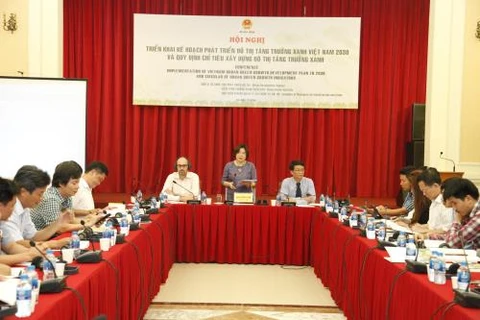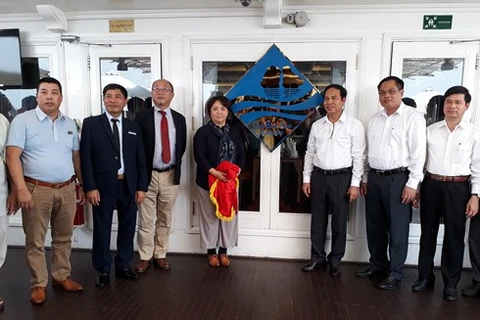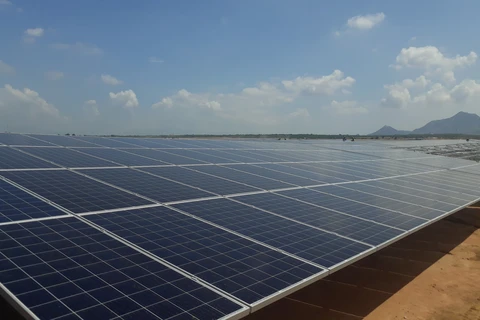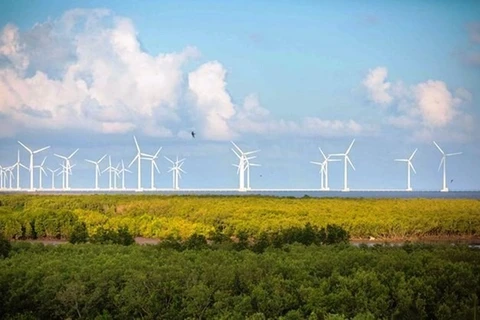Hanoi (VNA) – Vietnam has given priority to green growth during its economic development, according to Inter Press Service (IPS).
“Vietnam’s shift from a centrally planned to a market economy has transformed the country. And while it is now is one of the most dynamic emerging countries in Southeast Asia, this has sometimes been at the expense of the environment. But the country has begun to prioritise green growth,” said an article posted on IPS website on December 18.
Vietnam’s economic growth has been accompanied by significant rural to urban migration, which has led to increasing social and environmental challenges. Over the past decades, some 700 square kilometres of land has been converted into urban areas. Emissions per unit of GDP are surpassing all other Asian-Pacific developing countries, except for China. This is fuelled by domestic coal consumption, which currently accounts for 36 percent of electricity supply and is projected to increase 56 percent by 2030.
In that context, an inclusive green economy has emerged as a strategic priority in the country. A green growth economy helps improve human well-being and build social equity while reducing environmental risks.
The Global Green Growth Institute (GGGI) is making efforts to promote the green growth model by enhancing green energy production and reducing greenhouse gas emissions. It has assisted Vietnamese cities to outline green master plans, strategies and renewable energy projects.
According to Adam Ward, Country Representative of GGGI for Vietnam, Vietnam wants its economic development to be inclusive, sustainable and as green as possible. However, increasing demand for energies, climate change and facilities are deemed as the two major challenges for the country
“The Mekong Delta is one of the most vulnerable places in the world to climate change. Sea level rise and droughts are more common. Typhoons are more extreme”, he said when touching on climate change issue.
He added that around 30 percent of the population lives in or around cities, and the figure is forecast to rise to over 50 percent by 2050. This brings a lot of benefit in terms of economic development; however, transport facilities and housing are posing big problems.
This is exactly why GGGI is working on renewable energy, sustainable waste management, providing guidance on increasing investment into green projects and also specifically working with cities to make them cleaner, he told IPS.-VNA
VNA

























